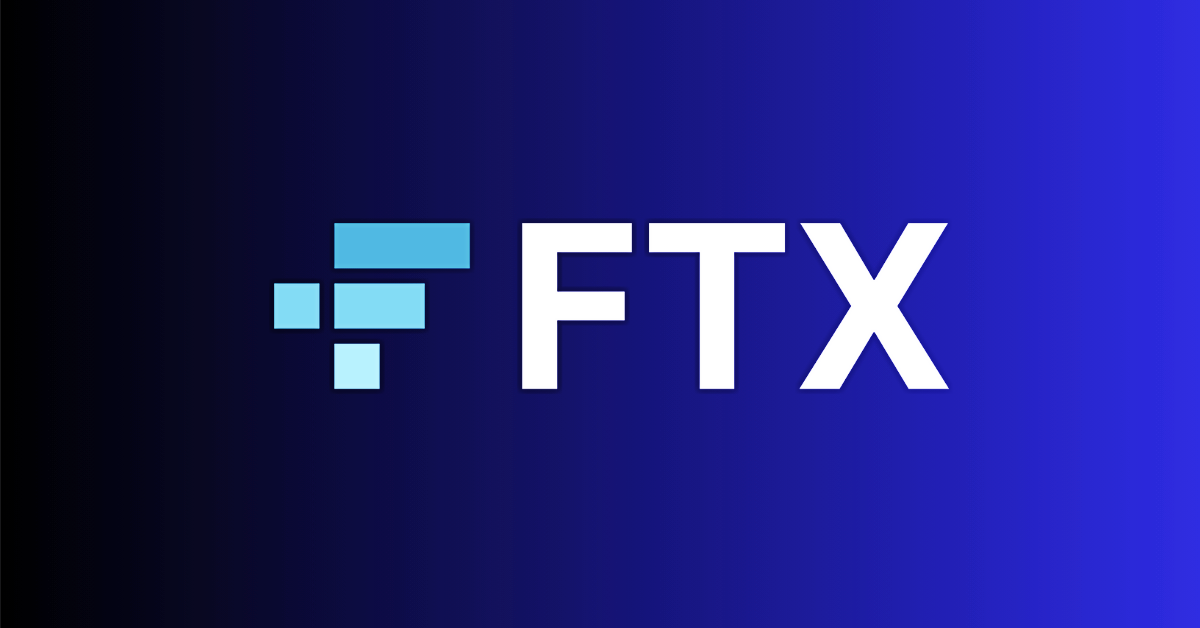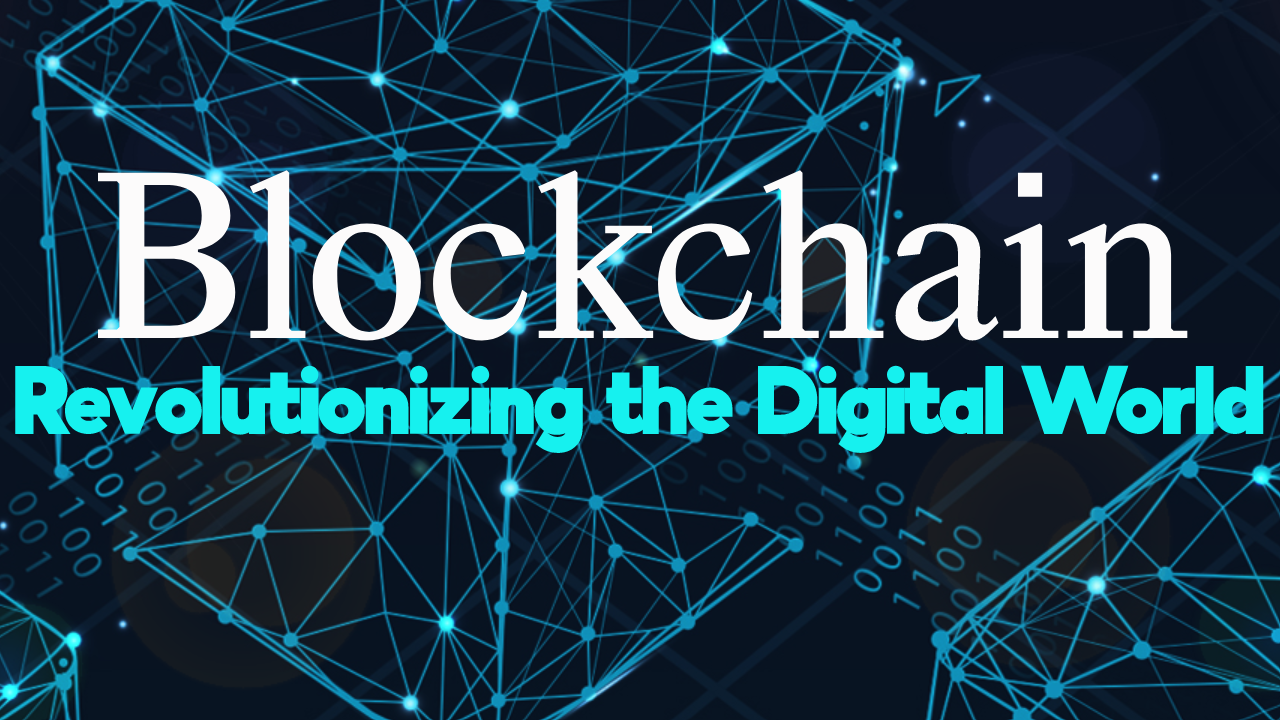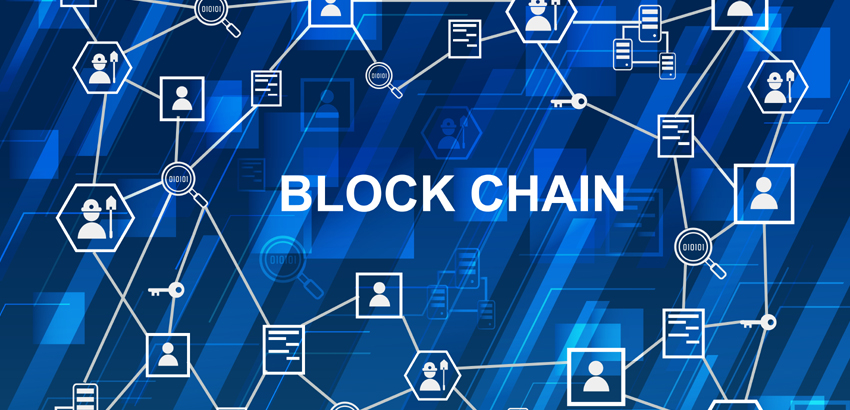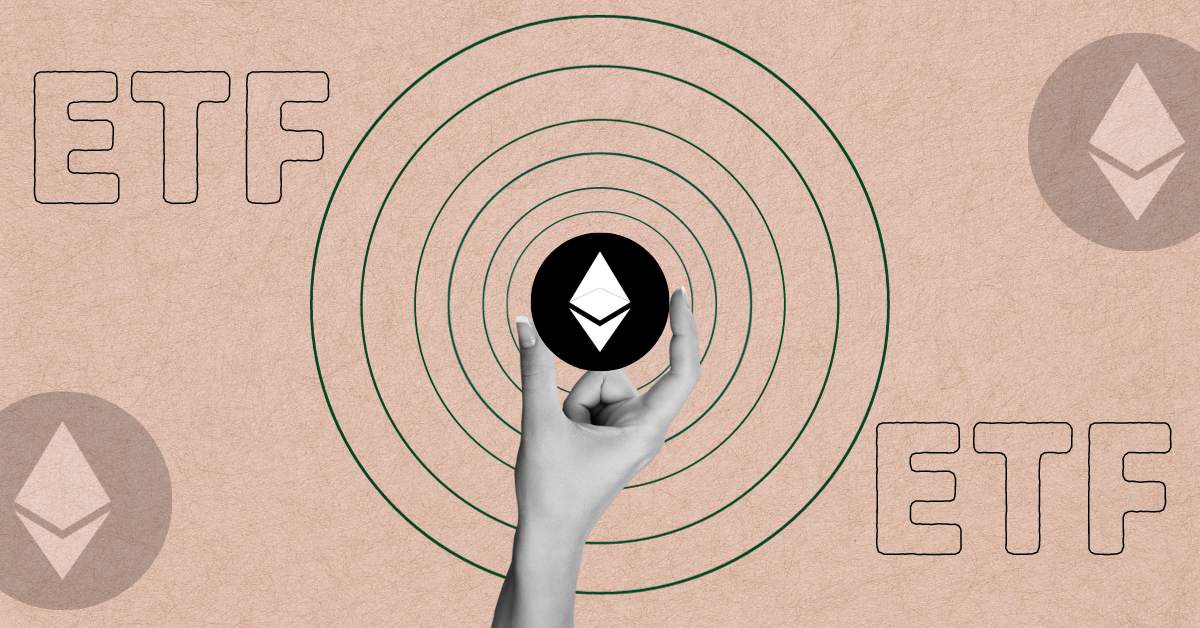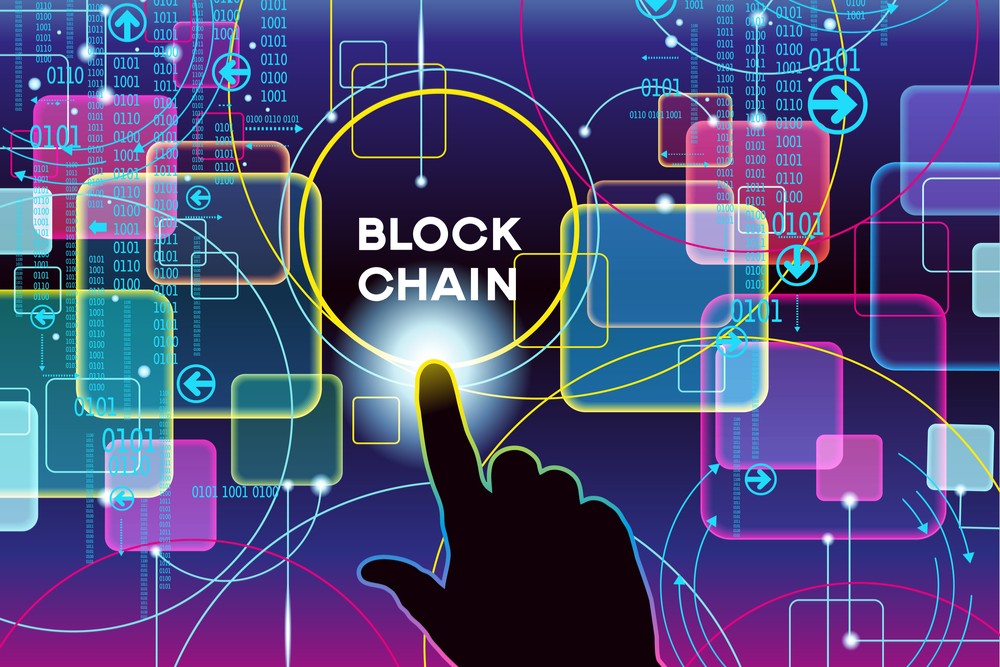
Blockchain Development: Revolutionizing the Future of Technology
Blockchain development is a rapidly growing field that has the potential to revolutionize the way we interact with technology. It is a decentralized system that allows for secure and transparent transactions without the need for intermediaries. With its ability to store data in an immutable and tamper-proof manner, blockchain technology has gained immense popularity in recent years. In this article, we will explore the various aspects of blockchain development and how it is shaping the future of technology.
The Basics of Blockchain Development

What is Blockchain Development?
Blockchain development is the process of creating and implementing decentralized applications (DApps) using blockchain technology. It involves writing code in programming languages such as Solidity, Java, or C++ to create smart contracts that run on a blockchain network. These smart contracts are self-executing and enforceable agreements that eliminate the need for intermediaries, making transactions faster, cheaper, and more secure.
How Does Blockchain Development Work?
Blockchain development works by creating a digital ledger that records all transactions in a decentralized network. Each block in the chain contains a cryptographic hash of the previous block, timestamp, and transaction data. This makes it nearly impossible to alter or delete any information stored on the blockchain, ensuring the integrity and security of the data.
Benefits of Blockchain Development
- Transparency: Blockchain technology offers complete transparency as all transactions are recorded on a public ledger that can be accessed by anyone.
- Security: The decentralized nature of blockchain networks makes them highly secure, as there is no single point of failure.
- Efficiency: By eliminating intermediaries, blockchain technology streamlines processes, reduces costs, and increases efficiency.
- Immutability: Once data is recorded on the blockchain, it cannot be altered or deleted, making it tamper-proof and reliable.
- Decentralization: Blockchain networks are not controlled by a central authority, giving power to the users and promoting a more democratic system.
How to Use Blockchain Development
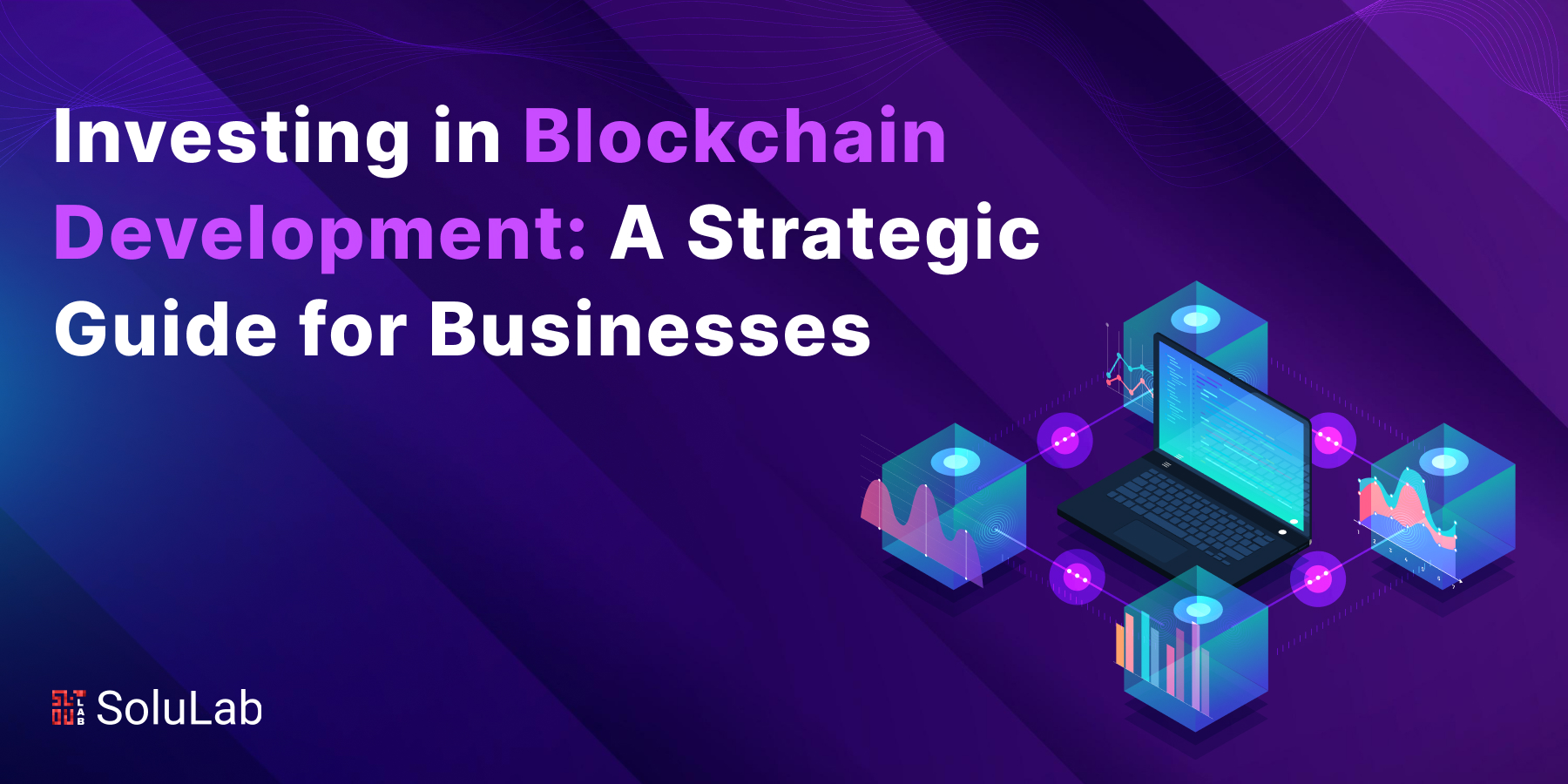
Blockchain development can be used in various industries, including finance, supply chain management, healthcare, and more. It is also being integrated into existing systems to improve their functionality and security. Here are some examples of how blockchain development is being used:
Finance
The financial industry has been one of the early adopters of blockchain technology. With its ability to facilitate fast, secure, and low-cost transactions, blockchain has the potential to disrupt traditional banking systems. Companies like Ripple and Stellar are using blockchain to enable cross-border payments, making it faster and cheaper for individuals and businesses to transfer money globally.
Supply Chain Management
Blockchain technology is being used to track and verify the authenticity of products in supply chains. By recording every step of a product's journey on the blockchain, companies can ensure that their products are not counterfeit and maintain transparency with their customers. This is particularly useful in industries such as food and pharmaceuticals, where traceability and authenticity are crucial.
Healthcare
Blockchain technology is transforming the healthcare industry by providing a secure and efficient way to store and share patient data. With blockchain, patients have complete control over their medical records, and healthcare providers can access accurate and up-to-date information, leading to better treatment outcomes.
Examples of Blockchain Development
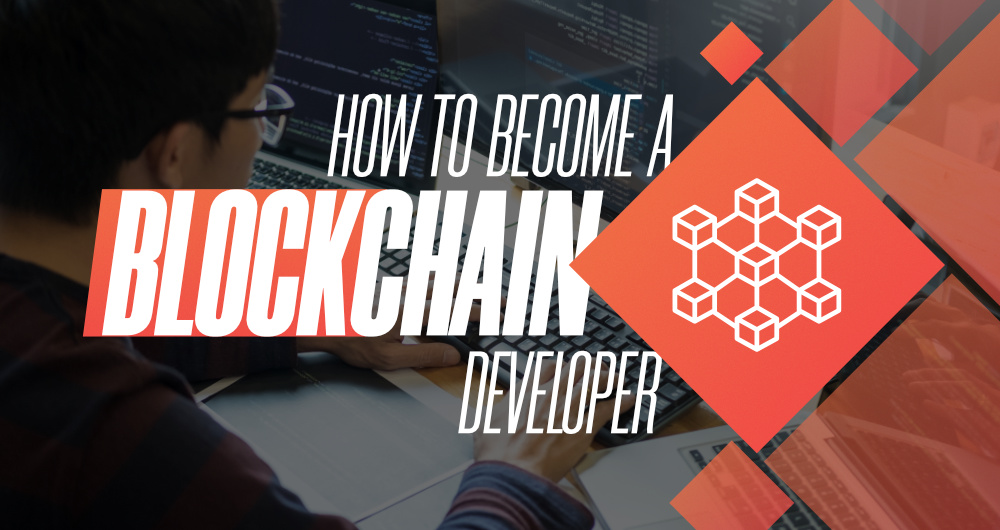
Ethereum
Ethereum is a decentralized platform that allows developers to create and deploy smart contracts and DApps. It is the second-largest cryptocurrency by market capitalization and has a thriving developer community. Many popular DApps, such as Uniswap and Aave, are built on the Ethereum blockchain.
Binance Smart Chain
Binance Smart Chain (BSC) is a blockchain network that runs parallel to the Binance Chain. It offers high-speed transactions at a lower cost compared to other blockchain networks, making it an attractive option for developers. BSC is home to many popular DApps, including PancakeSwap and BakerySwap.
Comparisons with Traditional Development
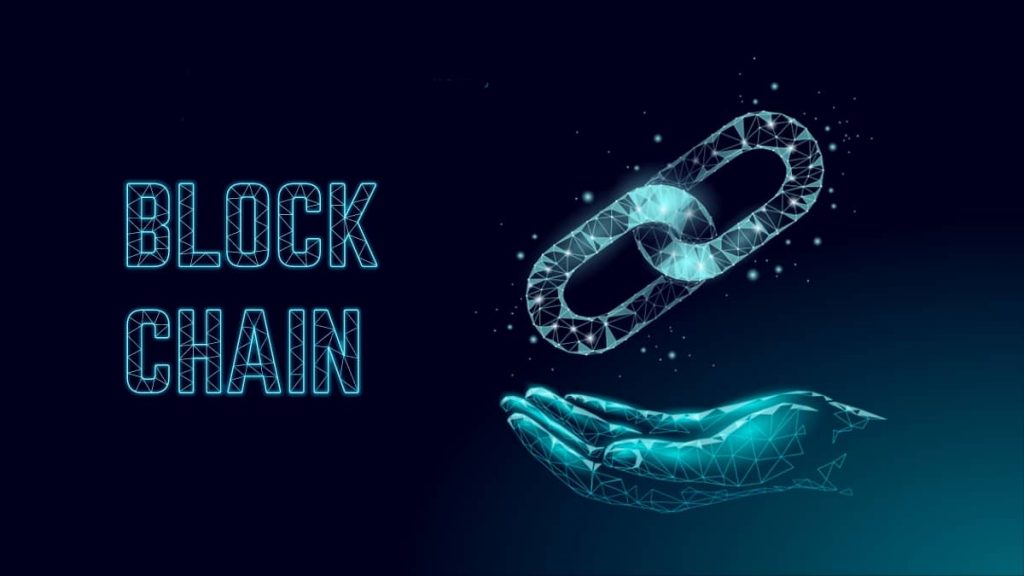
Traditional development involves creating centralized applications that are controlled by a single entity. This makes them vulnerable to cyber attacks, data breaches, and other security threats. On the other hand, blockchain development offers a decentralized and secure alternative that eliminates the need for intermediaries, making it more efficient and cost-effective.
Another significant difference between traditional development and blockchain development is the use of smart contracts. While traditional applications require manual intervention to execute agreements, smart contracts are self-executing and enforceable, reducing the risk of human error and fraud.
Advices for Blockchain Development
If you are interested in pursuing a career in blockchain development, here are some tips to get started:
- Learn the Basics: Before diving into blockchain development, make sure you have a good understanding of the fundamentals of blockchain technology, including its architecture, consensus mechanisms, and cryptography.
- Choose a Platform: There are many blockchain platforms available, such as Ethereum, Binance Smart Chain, and Hyperledger. Choose one that aligns with your goals and skillset.
- Join a Community: Joining a community of blockchain developers can help you stay updated on the latest trends and technologies and provide opportunities for networking and collaboration.
- Keep Learning: Blockchain technology is constantly evolving, so it's essential to keep learning and updating your skills to stay relevant in the industry.
FAQs about Blockchain Development
What programming languages are used in blockchain development?
Some popular programming languages used in blockchain development include Solidity, Java, C++, and Python.
Is blockchain development only used for cryptocurrencies?
No, blockchain development has various use cases beyond cryptocurrencies, including supply chain management, healthcare, and voting systems.
Do I need to have a background in computer science to become a blockchain developer?
While having a background in computer science can be helpful, it is not necessary to become a blockchain developer. Many online resources and courses are available to learn blockchain development from scratch.
Is blockchain development a lucrative career?
Yes, with the increasing adoption of blockchain technology, there is a high demand for skilled blockchain developers, making it a lucrative career option.
Can I build my own blockchain?
Yes, there are many tools and platforms available that allow you to create your own blockchain network, such as Ethereum, Hyperledger, and Corda.
Conclusion
Blockchain development has the potential to transform the way we interact with technology. Its decentralized and secure nature makes it an attractive alternative to traditional systems, offering benefits such as transparency, efficiency, and immutability. As more industries adopt blockchain technology, the demand for skilled blockchain developers will continue to grow, making it an exciting and promising field to explore. So, if you're interested in shaping the future of technology, consider diving into the world of blockchain development.





